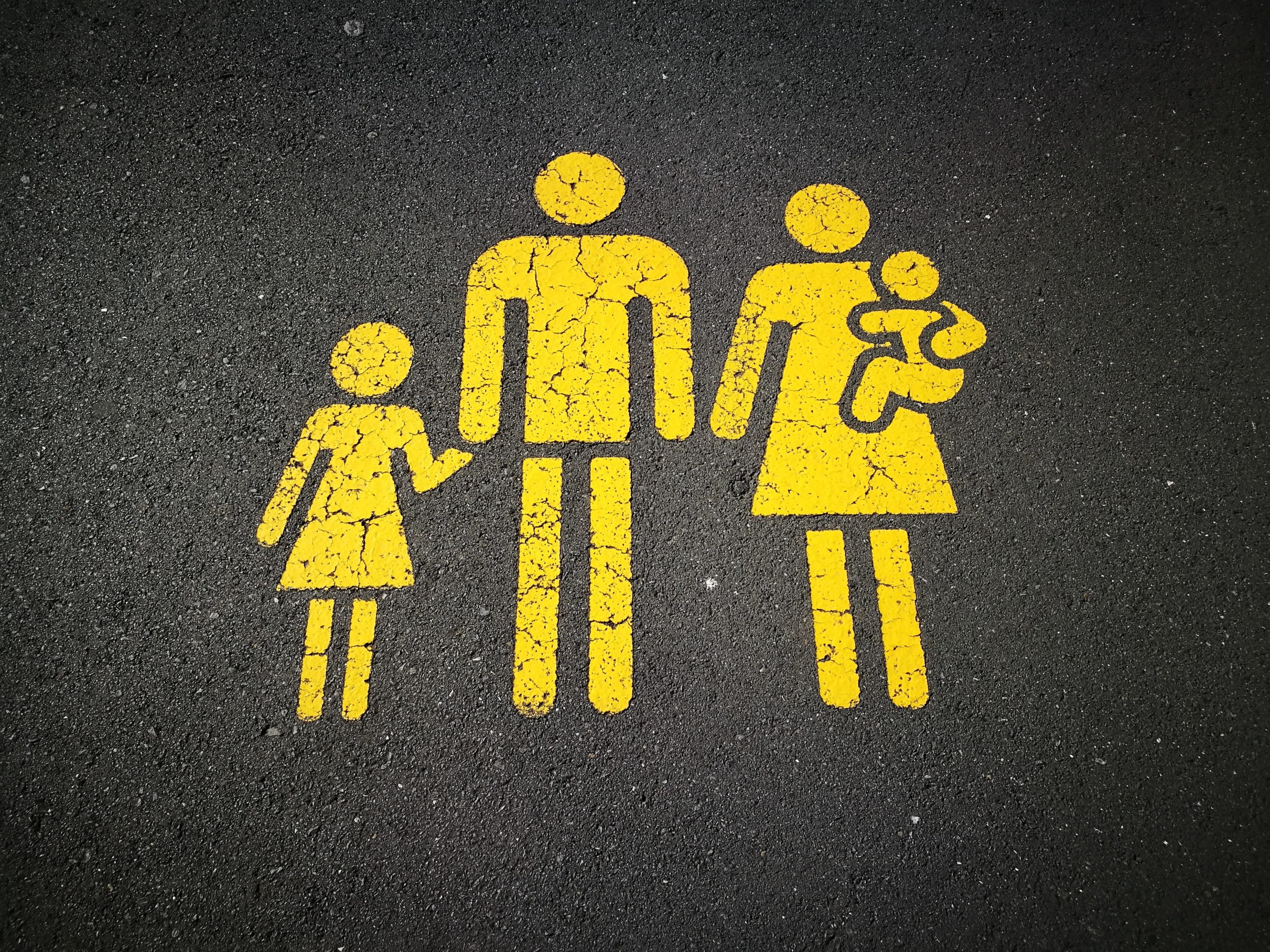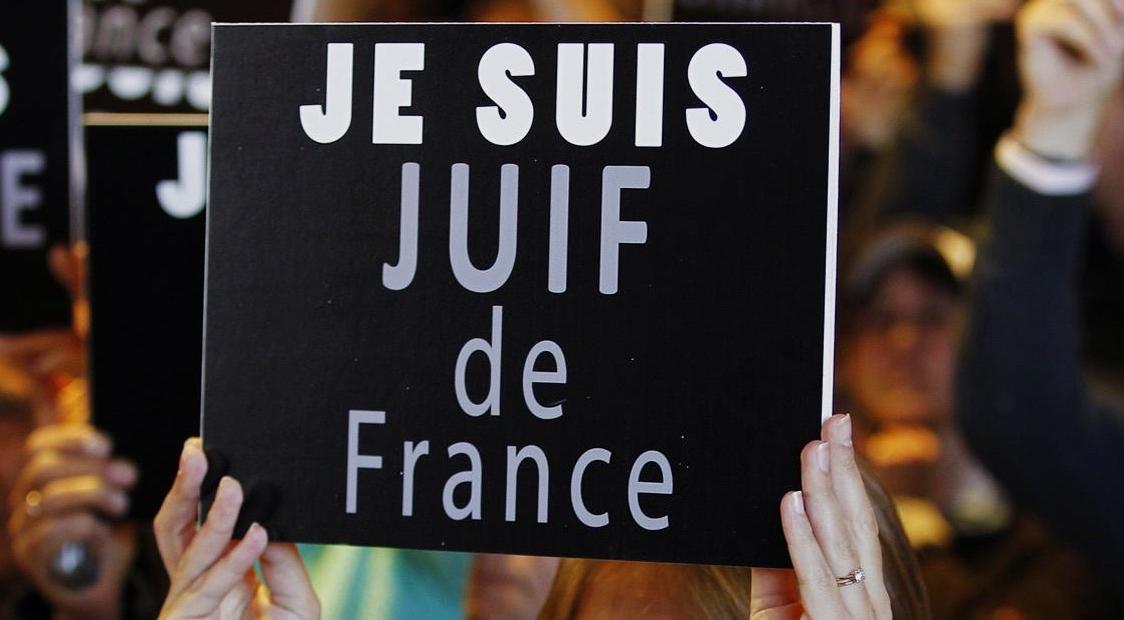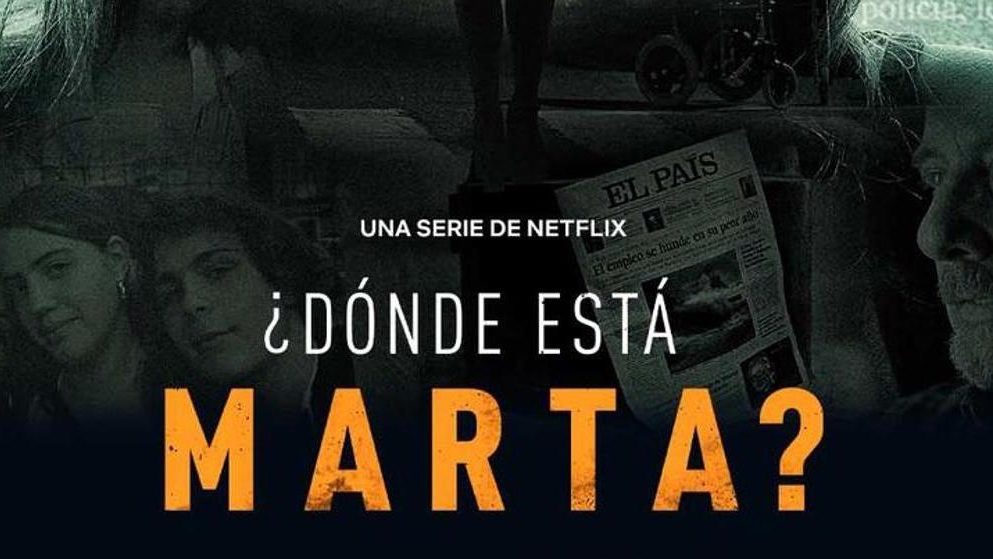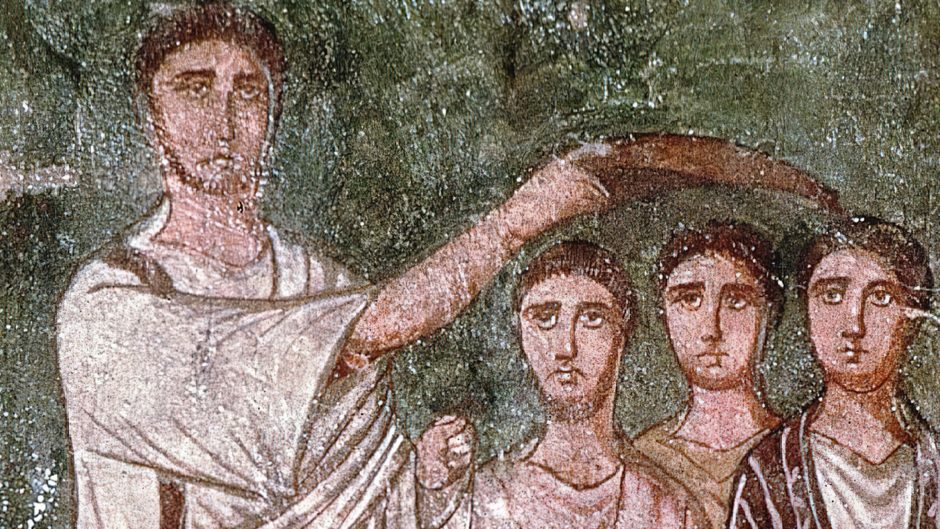
Whither National Sovereignty?
Emmanuel Macron’s invocations of “European sovereignty” notwithstanding, the nation—not Europe, nor the entire world—remains the only viable locus for the exercise of democratic power.

Emmanuel Macron’s invocations of “European sovereignty” notwithstanding, the nation—not Europe, nor the entire world—remains the only viable locus for the exercise of democratic power.

Only by rediscovering a vision of the good life that reckons with the suffering inherent in human experience and conceives of individuals as social animals bound by duty to one another—Edmund Burke’s “partnership of the dead, the living and the unborn”—do we stand a chance of bending the rising generation’s egotism and make them want to grace their communities and nations with new human beings.

In Western Europe, meanwhile, our globalized, post-national era of peace and prosperity has wrought decadence and complacency. It has erased from the national consciousness the blood and tears needed to get independence and to keep it.

His underwhelming flop among the general electorate notwithstanding, the right-wing candidate has exposed a deep fracture within France’s Jewish community that may reappear in future races.

Thirteen years later, a Netflix series revisits the mysterious, gruesome murder case that kept Spain for years in a state of shocked, anxious outrage.

Having thrived for millennia amidst Arab societies despite their inferior status, Oriental Jews were swiftly uprooted in a matter of decades by the Arab-Israeli conflict. A once-in-a-lifetime exhibit at Paris’s Institute for the Arab World attempts to synthesize conflicting narratives of trauma and nostalgia.

Standing athwart the emergence of a ‘literal society’ which no longer appreciates irony, nuance, or sarcasm, the intellectual Alain Finkielkraut’s embrace of high culture makes him a reactionary in today’s France.